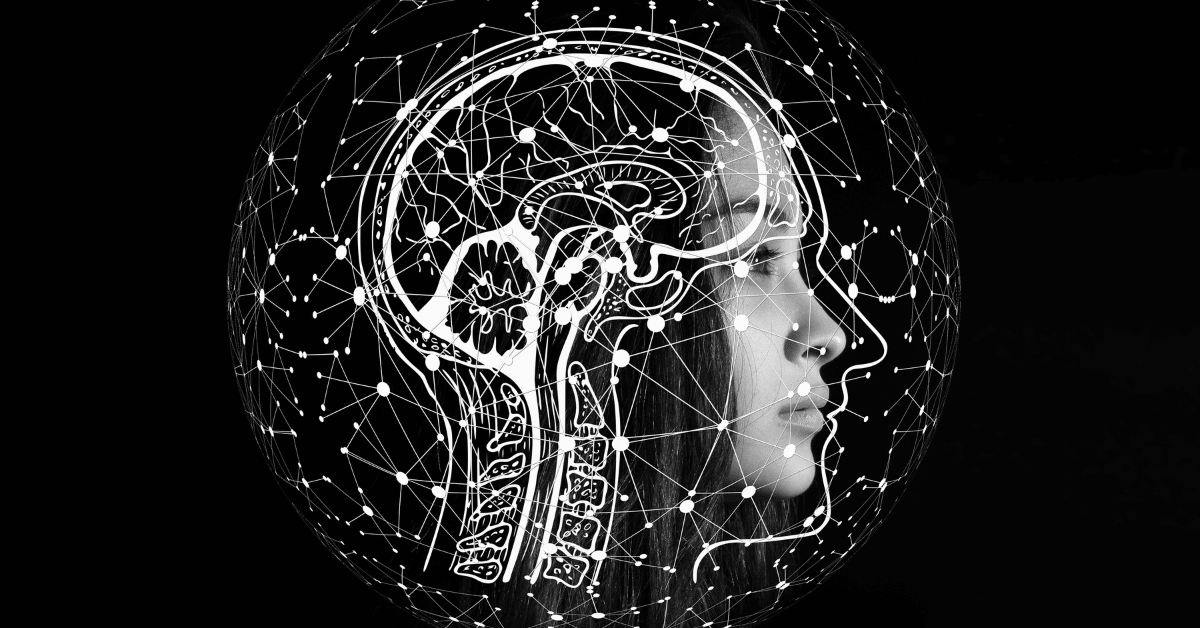CBD
What Does CBD Feel Like?
First Off, What is CBD?
Cannabidiol (CBD) is one of the hundreds of active ingredients called cannabinoids found naturally in cannabis plants. You can also get CBD from a hemp plant. Hemp-derived CBD products contain no THC, so it won’t get you high. However, cannabis-derived compounds contain THC and other cannabinoids.
Studies suggest that CBD can help relieve various medical conditions, including anxiety, depression, chronic pain, insomnia, and epilepsy. However, further research into the health conditions needs to be done.
Cannabidiol is available in various CBD products, including CBD oils, CBD gummies, CBD capsules, CBD vapes, CBD Isolate, and CBD topical creams.
So, what does CBD feel like, and what are its potential benefits, potential treatment uses, and adverse effects?
Is CBD Placebo Effect or Does It Really Work?
The placebo effect refers to the positive effects of receiving treatment with no medical benefit. For example, a study published in the Journal of Pain Medicine looked at whether patients would respond better to pain medication after receiving a bogus drug called naltrexone. Both groups of patients got either natural naltrexone or placebo pills. However, one group was told that they were given naltrexone while the other had no idea what they were getting.
After taking the fake drug for four weeks, those who thought they were getting the real thing experienced less pain. This shows that even though the pills didn’t work, simply believing they did can have a powerful impact. While CBD doesn’t work directly on the brain, it may help modulate pain signals sent from the body.
Does CBD Cause You to Get High?
Yes, CBD gets you high, but not in the way you might be thinking. CBD does not get you high as cannabis products do, but it does provide other therapeutic effects. Furthermore, CBD has been proven safe for human consumption as per the World Health Organization. The main difference between THC and CBD is that CBD doesn’t cause intoxication. This means CBD won’t give you a “high” like THC produces.
What is the Difference Between CBD and THC? CBD vs THC
CBD and THC are the two main cannabinoids found in the cannabis plant. CBD is non-psychoactive, meaning it will not get you high, while THC is the cannabinoid responsible for the plant’s psychoactive effects. THC is the compound that is most associated with marijuana’s mind-altering effects. CBD has many potential therapeutic benefits, including reducing anxiety, relieving pain, and helping fight cancer.
How Does CBD Affect the Brain?
Scientists are still learning how cannabinoids work in the brain, but they are confident that CBD helps the body produce some important chemicals and has other effects on the nervous system. Cannabinoids affect the activity of neurotransmitters like serotonin and dopamine and may help regulate mood. They also appear to play a role in pain relief and protection against seizures.
Does the Body’s Endocannabinoid System and CBD Interact?
The endocannabinoid system regulates our body’s internal functions and impacts our daily mood and cognition. By interacting with CB1 receptors throughout the brain, endocannabinoids enable us to experience feelings of pleasure, comfort, relaxation, and pain relief. For example, THC binds to CB1 receptors, which promotes euphoric sensations. In addition, CBD interacts with CB2 receptors located primarily in immune cells throughout the body to reduce inflammation and modulate the immune response.
CBD also inhibits the production of enzymes that break down cannabinoids like THC. Learn how CBD works with the endocannabinoid system and how CBD extracts may impact different aspects of life.
How Long Does it Take for CBD to Start Working?
Depending on the person, CBD oil can take anywhere from 15 minutes to 2 hours to begin working. If someone has been dealing with chronic pain, anxiety, or depression, it can be important to start feeling relief after just 1 hour. However, if someone only wants to deal with the side effects of chemotherapy, they may need to wait up to 8 hours to feel the full benefits.
CBD For Energy: Does CBD Give You Energy?
The answer for CBD giving energy is Yes. CBD helps you feel energized both physically and mentally. Although it might seem like a miracle drug, CBD has been used for thousands of years as an important herb in the Chinese medicine system.
CBD For Sleep: Does CBD Make You Sleepy?
Many people are now turning towards CBD oil products because of their proven benefits in treating insomnia. In addition, CBD oil can help fight anxiety, depression, and other mental health issues by helping to promote sleep while also improving serotonin levels in our brains.
CBD oil has been shown to be effective at treating insomnia, but some side effects are associated with taking this product. Some people experience drowsiness or dizziness, while others report feeling more alert. A few people have also reported having anxiety attacks after consuming an ingestible CBD product.
Is CBD Addictive and Can CBD Cause Withdrawal?
Cannabidiol, or CBD, is a non-intoxicating compound found in cannabis. CBD has recently gained popularity for its purported health benefits, including relief from anxiety, pain, and inflammation. Though CBD is generally considered safe, some worry it may be addictive. So, is CBD addictive? And can you suffer from CBD withdrawal?
CBD is not considered addictive. Unlike THC, the other major compound in cannabis, CBD does not produce psychoactive effects. This means that you cannot get “high” from CBD, and it is not associated with the same risks of addiction as THC.
Benefits of CBD – From Stress-Reduction to Chronic Pain Relief
CBD is a naturally occurring compound in the cannabis plant. It is one of over 100 compounds known as cannabinoids. Cannabinoids are responsible for the therapeutic effects of medical marijuana. CBD is non-psychoactive, meaning it does not produce a “high” or changes a person’s state of mind. This makes it a safe, effective treatment for many conditions.
CBD has been shown to relieve anxiety, epilepsy, and pain symptoms. It is also being studied for its potential use in treating cancer and Alzheimer’s. CBD is available in various forms, including oil, capsules, and creams. It can be taken orally, applied to the skin, or inhaled. CBD can also help boost other supplements like migraine defense pills and energy capsules.
Benefits and Uses of CBD to improve overall health:
- It is known to relieve stress and anxiety disorders
- It can help to improve sleep by acting as a sleep aid
- It is known to reduce inflammation and pain
- It can improve heart health
- It is known to reduce inflammatory and neuropathic pain
- It can have anti-cancer properties
- It may help with Multiple Sclerosis
- It can help with severe forms of nerve pain
- It may help improve muscle spasticity
- It can help with Lennox Gastaut Syndrome and Dravet Syndrome
Can You Overdose on CBD?
Cannabidiol, or CBD, is a chemical compound found in cannabis plants. Unlike the better-known THC (tetrahydrocannabinol), CBD is non-intoxicating, meaning it won’t make you high. It has many health benefits, including reducing anxiety, relieving pain, and improving sleep. However, there’s a lack of scientific research to support these claims.
CBD is a non-psychoactive compound found in cannabis plants. Unlike THC, CBD does not produce a high or intoxication. However, it is possible to overdose on CBD, especially if you take it with other medications. In addition, CBD can cause drowsiness, fatigue, and dry mouth. Taking too much CBD can also lead to gastrointestinal issues like diarrhea and abdominal pain. If you experience any of these side effects, stop taking CBD and see a doctor.
Side Effects of CBD Oil
As previously mentioned, CBD is a compound found in cannabis that has many purported health benefits. However, like all compounds, CBD can have side effects, some of which can be serious. CBD can interact with other medications, and it can cause drowsiness, diarrhea, and changes in appetite. Talking to your doctor before taking CBD is crucial, especially if you take other medications.
Common side effects of CBD:
- Diarrhea
- Dry mouth
- Low blood pressure
- Drowsiness
- Nausea
If you want to avoid nasty side effects, it is imperative you buy reliable products like those from BioLyfe. Find some of the best cannabidiol brands when you buy CBD online in Canada from reliable sources like Just Cannabis.
References
Project CBD. (2022). What is CBD? ProjectCBD.org. Available at: https://www.projectcbd.org/about/what-cbd
BioLyfe. (2022, September 9). Buy All-Natural Dietary Supplements Online. Available at: https://biolyfebrands.com/
Natural Care. (2018, September 20). How THC works. Natural Care Group. Available At: https://naturalcaregroup.com/how-thc-works/
Carter, A. (2019, May 17). A Simple Guide to the Endocannabinoid System. Healthline. Available At: https://www.healthline.com/health/endocannabinoid-system
Buy CBD New York. (2022, July 3). Find Top-Grade CBD in New York. Available at: http://buycbdnewyork.com/
SOS Migraine Pills. (2022, July 3) Buy Migraine, Energy, and Joint Relief Supplements Online. Spirit of Science. Available at: https://www.withsos.com/
Keto Pill Guru. (2022, July 3). Learn all About Keto Pills Online. Available at: http://ketopillguru.com/
Blessing, E.M., Steenkamp, M. M., Manzanares, J. (2015, September 4). Cannabidiol as a Potential Treatment for Anxiety Disorders. US National Library of Medicine National Institutes of Health. Available At: https://www.ncbi.nlm.nih.gov/pmc/articles/PMC4604171/











